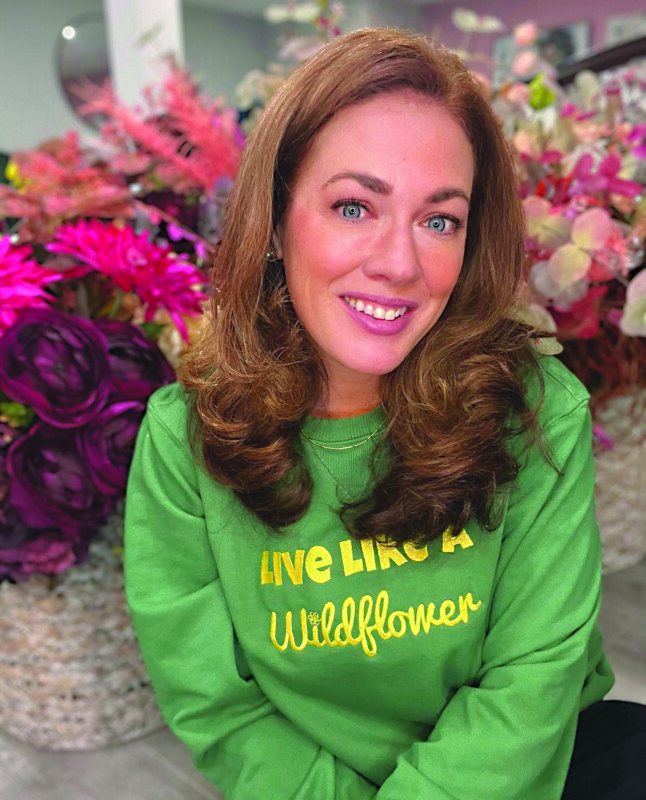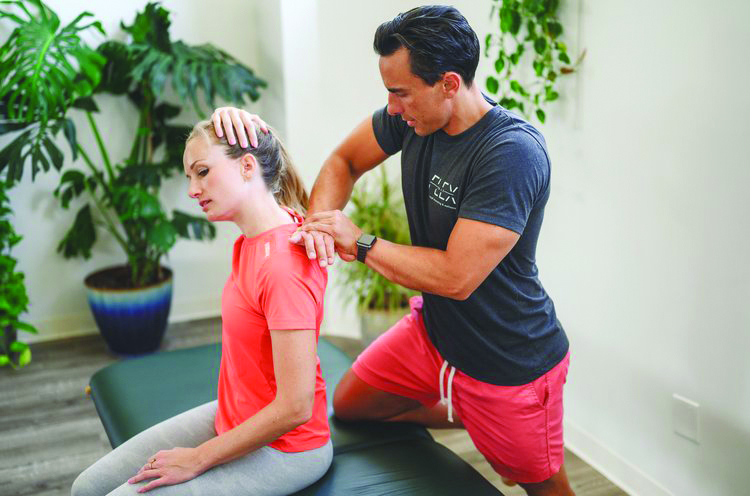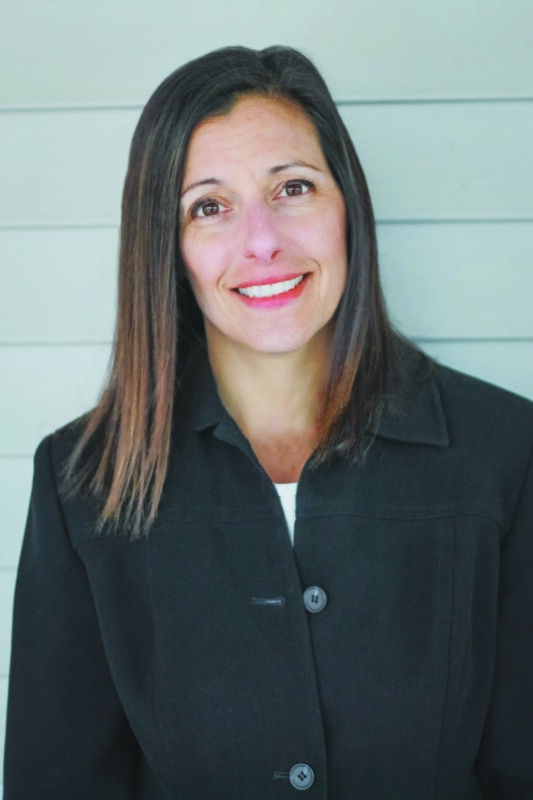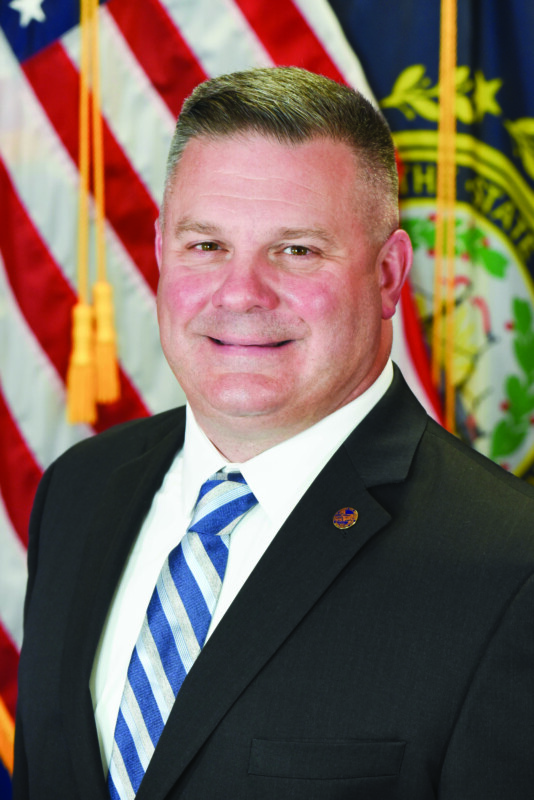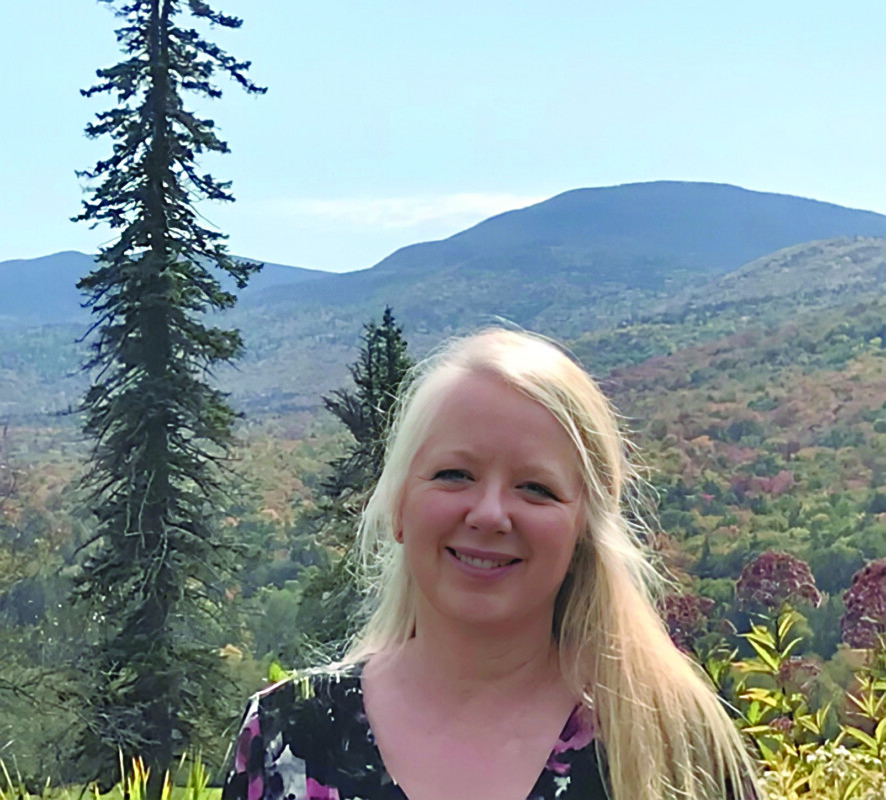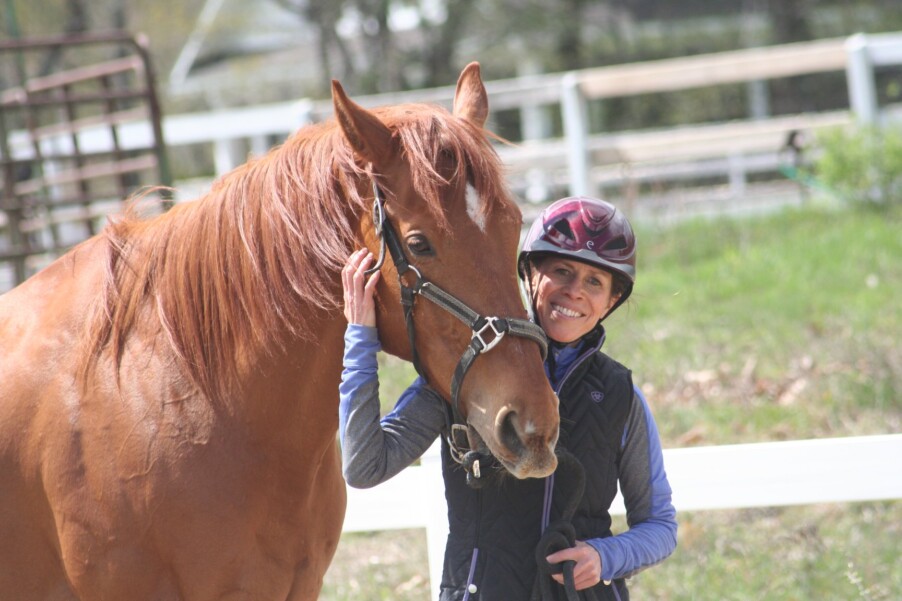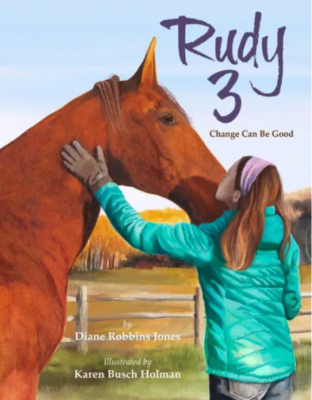Floral decor designer
Kara Webster of Pelham designs and sells handcrafted seasonal wreaths and floral decor from her online shop, Enchanted Vines, and hosts virtual and in-person wreath-making workshops.
Explain your job and what it entails.
I work with high-quality florals to create wreaths and floral arrangements that appear lifelike. These pieces are designed to create a warm and welcoming home. … In addition to selling, I’ve … created seasonal workshops where I teach others how to design … their wreath or centerpiece so that it lasts for seasons to come.
How long have you had this job?
Enchanted Vines was created on Valentine’s Day of 2018 on the Etsy platform. I ran my shop as my side hustle for over four years. I worked my 9-to-5 job in HR and dedicated nights and weekends to my shop. In the summer of 2021, I reduced my hours at my full-time job to test the waters, and by fall of 2021 I made the leap to pursue my passion full-time
What led you to this career field and your current job?
In my late teen years, I had two jobs I loved. The first was an all-female landscaping company where we did garden installations and maintenance. The second was working at a florist. Both jobs laid the foundation for learning about flowers, color and design.
What kind of education or training did you need?
I’ve been a sponge with online resources over the last five or six years. I utilize YouTube tutorials and am a member of an online-based group that focuses on online selling and wreath making. … I have an amazing mentor named Wendy through the SCORE Business Mentoring Program. Wendy has a family-owned limo company, and even though we’re in completely different fields, she’s provided me with invaluable advice.
What is your typical at-work uniform or attire?
When I’m working at home, my go-to is comfort, so you can usually find me in Cozy Earth loungewear. When I’m running a workshop, I’m in jeans, comfy shoes and my Enchanted Vines apron that my coworkers gave as part of my goodbye gift.
How has your job changed over the course of the pandemic?
With stores being closed, online sales were boosted, but in-person events were put on hold. I made the decision to pivot my business model and created virtual workshops as well as DIY floral kits. I continue to offer virtual workshops, which allow me to connect with clients from all over the country.
What do you wish you’d known at the beginning of your career?
When something seems scary or outside your comfort zone, do it anyway. That discomfort is a sign that you’re … improving on your skillset.
What do you wish other people knew about your job?
Being in business for yourself can make you feel vulnerable. You have to completely put yourself out there, believe in yourself and invest in yourself. Being a small business owner can be risky, scary, draining, but also so rewarding.
What was the first job you ever had?
My first job was at Dunkin’ Donuts at the age of 15.
What’s the best piece of work-related advice you’ve ever received?
Don’t ever get complacent. There’s always room for growth.
Five favorites
Favorite book: It Ends with Us by Colleen Hoover.
Favorite movie: The Notebook.
Favorite music: Adele and Lizzo never disappoint.
Favorite food: Apple crisp is my favorite right now.
Favorite thing about NH: When the seasons change. I always say my favorite season is the “next” season because I love seeing the transformation.
Featured photo: Kara Webster. Courtesy photo.

